Stretch Mark Reduction: What Actually Works?
Stretch marks (striae distensae) are common skin scars caused by rapid stretching of the dermis during pregnancy, adolescence, weight gain, or certain medical conditions like Cushing’s syndrome. They typically begin as reddish or purple (striae rubrae) and gradually fade to silvery-white (striae albae), often never disappearing completely.
Do Treatments Work?
Most stretch marks are harmless and don’t require medical treatment. However, if you’re bothered by their appearance, some options can help reduce their visibility.
What Actually Works for Stretch Mark Reduction
Retinoid Creams (e.g., Tretinoin)
Prescription retinoids help rebuild collagen in newer stretch marks, improving tone and texture, especially effective for red or purple marks. However, they can irritate and are not safe during pregnancy
Light & Laser Therapies
Laser treatments—both ablative and non‑ablative—are among the most effective options for stretch mark reduction. They stimulate collagen and elastin production, improving skin texture and colour
- Fractional CO₂ (ablative) lasers are powerful but require downtime (10–14 days).
- Non‑ablative fractional lasers target deeper skin layers while minimizing surface damage and risk, particularly suitable for darker skin tones.
Results vary but typically include 20%–60% improvement, especially for newer stretch marks. Multiple sessions are often necessary for noticeable results
Microneedling and Other Devices
Microneedling, sometimes combined with radiofrequency or PRP, is effective in stimulating collagen. It’s a preferred option for darker skin tones due to lower risk of pigmentation changes
Microdermabrasion & Chemical Peels
These methods can gently resurface the skin and improve texture, but results are modest compared to laser or microneedling methods
Benefits of Laser for Stretch Marks
- Targets scar tissue in the dermis and triggers new collagen/elastin growth
- Can fade discolouration and flatten raised marks
- Multiple types available—options for lighter and darker skin tones
Laser treatment for stretch marks is particularly effective for fresh and red-purple marks, delivering substantial improvements over time.
Treatment Comparison
| Treatment | Effectiveness | Sessions Required | Downtime |
|---|---|---|---|
| Ablative CO₂ Laser | High | 1–2 | 10–14 days |
| Microneedling / PRP / RF | Moderate | 3–8 | Low |
| Retinoid Creams | Mild (early marks) | Weeks–months | None |
| Microdermabrasion / Peels | Mild | Multiple | Low |
| Non-ablative Laser | Moderate-High | 1–6 | Minimal |
Symptoms and Causes of Stretch Marks
What Do Stretch Marks Look Like?
Stretch marks, or striae, appear as streaky lines or bands on the skin that can vary in colour, size, and location depending on their age and your skin tone.
Common symptoms include:
- Reddish, purple, pink, or dark brown lines (early-stage or striae rubrae)
- Silvery-white or faded lines (mature marks or striae albae)
- Slight indentations or texture changes in the skin
- Mild itchiness or sensitivity in the early stages
They most often appear on:
- Abdomen
- Thighs
- Hips
- Breasts
- Upper arms
- Lower back
If you’re noticing new reddish or purple marks, you’re more likely to benefit from early laser treatment for stretch marks before they mature into white ones.
What Causes Stretch Marks?
Stretch marks occur when the skin undergoes rapid stretching or shrinking that the underlying structures cannot handle. This sudden change causes collagen and elastin fibers—the proteins that give skin its strength, flexibility, and support—to tear.
- Elastin allows the skin to stretch and return to its original shape.
- Collagen provides structure, firmness, and resilience.
When these fibers break under stress, the skin tries to repair itself. During this healing process, visible streaks or lines form on the surface, which we recognize as stretch marks.
Main causes include:
- Pregnancy (especially in the third trimester)
- Rapid weight gain or loss
- Growth spurts during puberty
- Bodybuilding (muscle gain)
- Genetics (family history of stretch marks)
- Hormonal changes, such as during puberty or pregnancy
- Medical conditions, like Cushing’s syndrome or Marfan syndrome
- Prolonged use of corticosteroids, which reduce skin elasticity
Can You Prevent Stretch Marks?
While complete prevention may not always be possible—especially due to genetics or hormones—you can reduce your risk by:
- Moisturising daily to improve skin elasticity
- Staying hydrated and eating a nutrient-rich diet
- Using topical creams like hyaluronic acid or tretinoin early on (only with a doctor’s advice)
Even with preventive care, some people will still develop stretch marks. Thankfully, treatments like laser for stretch marks offer effective reduction once they appear.
How Does Laser Treatment for Stretch Marks Work?
Laser energy heats the skin’s deeper layers, promoting natural healing and collagen renewal. Over several sessions, this leads to:
- Improved skin tone & elasticity
- Reduction in the depth and colour of stretch marks
- Smoother skin surface
At InUrSkn, we use advanced fractional laser technology that offers precision, minimal discomfort, and outstanding results with little downtime.
What is the Laser Treatment for Stretch Marks Cost?
The laser treatment for stretch marks cost depends on factors like:
- Size and location of the stretch marks
- Skin type and depth of scarring
- Number of sessions required
At InUrSkn, we provide affordable, customized treatment plans.
Aftercare & Maintenance
After your session:
- Avoid direct sunlight for a few days
- Use recommended moisturizers
- Stay hydrated
- Multiple sessions (3–6) may be needed for optimal results
Conclusion: What Actually Works?
While creams and natural remedies may provide minor relief, laser treatment for stretch marks stands out as a proven solution. It’s safe, non-invasive, and delivers visible results with minimal downtime. If you’re serious about treating stretch marks, consult a certified dermatologist to see if laser treatment is right for you.
Frequently Asked Questions (FAQ)
Q1. Do stretch marks ever go away completely?
Not usually. They often fade over time but rarely disappear entirely. Treatments like laser for stretch marks can drastically improve their appearance.
Q2. How many sessions of laser treatment are needed?
Typically, 3 to 6 sessions are required for visible improvement. Results vary based on skin type, age of stretch marks, and the laser used.
Q3. Is laser treatment for stretch marks painful?
It involves minimal discomfort, often described as a warm snapping sensation. Numbing creams are used to ensure comfort.
Q4. Is laser treatment safe for all skin tones?
Yes, newer fractional lasers are safe for most skin tones, but consultation is key to minimising risks.
Q5. What is the downtime after laser treatment?
There’s minimal downtime. Some redness or swelling may occur but typically subsides within 24–48 hours.
Q6. Can a laser completely remove stretch marks?
Laser reduces stretch marks significantly but may not remove them 100%. It improves skin texture and colour for a smoother look.
Q7. How soon can I see results after laser?
Some improvement may be visible after 1–2 sessions, but best results typically appear 2–3 months post-treatment as collagen builds up.




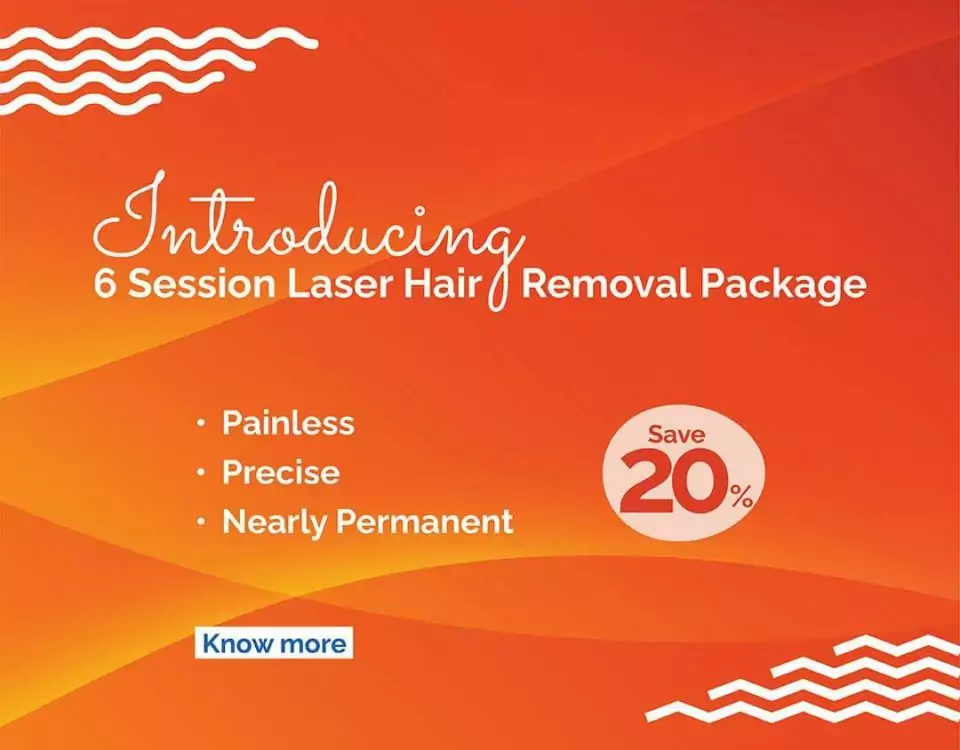
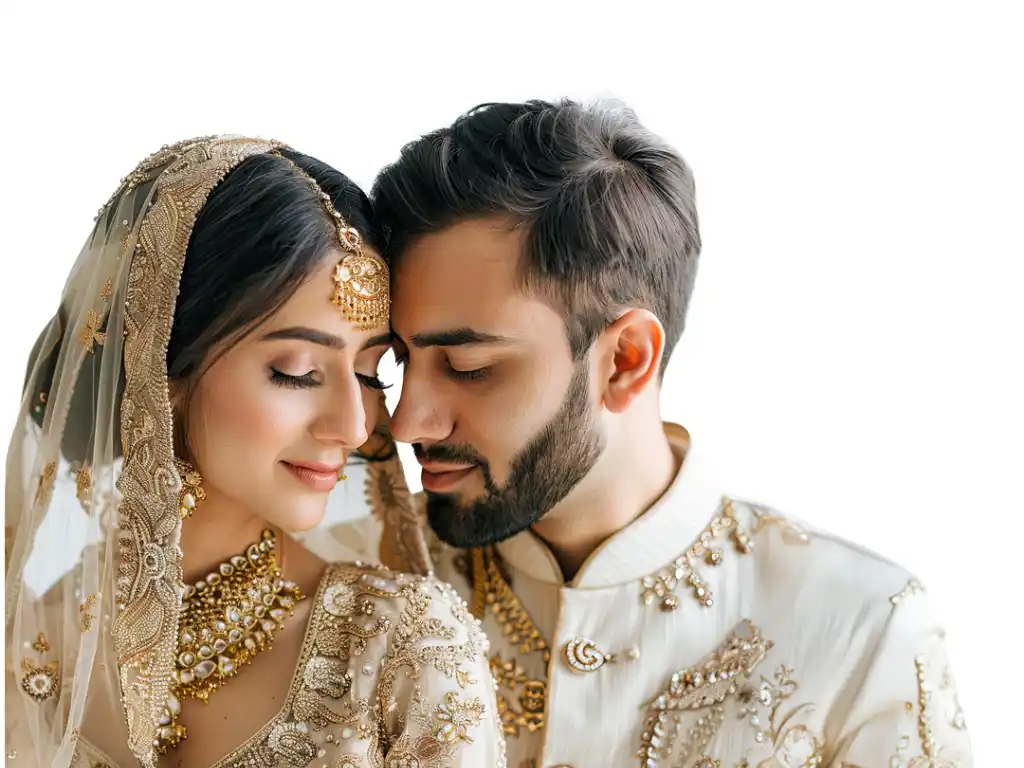
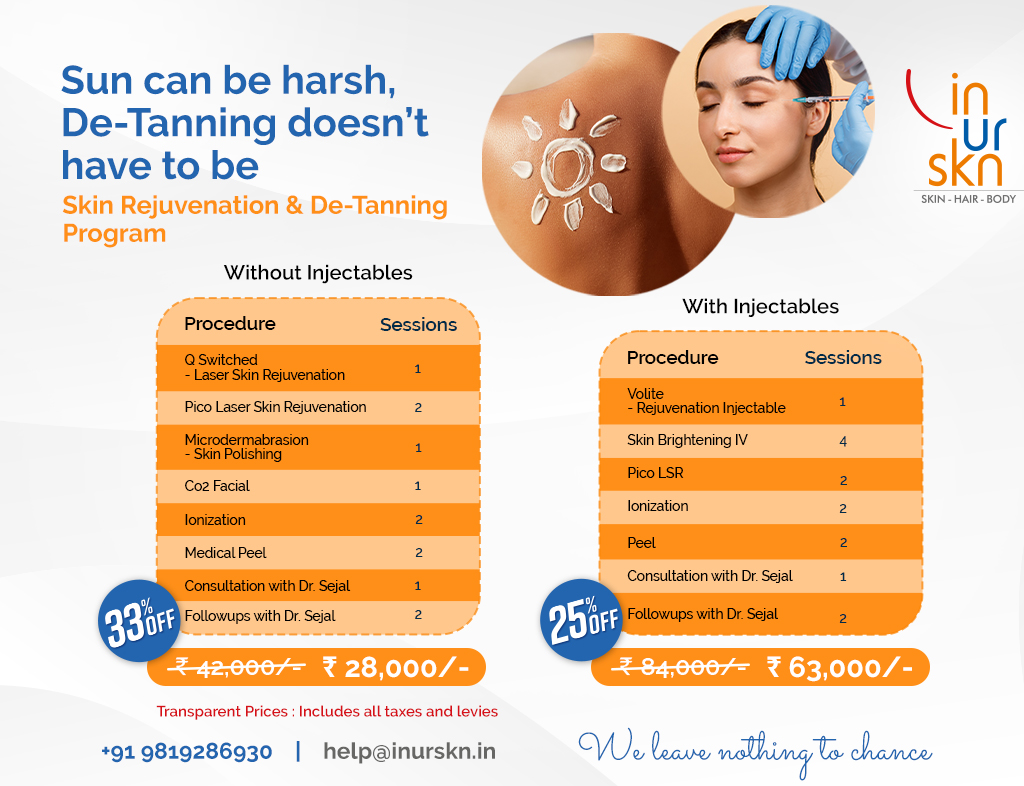














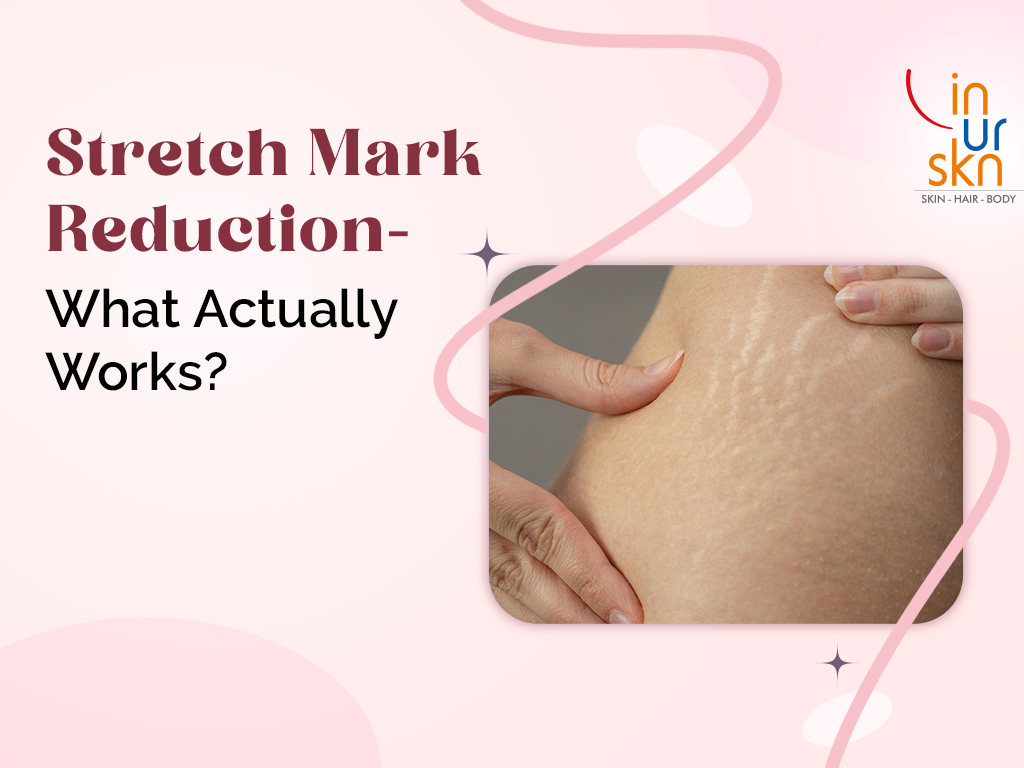
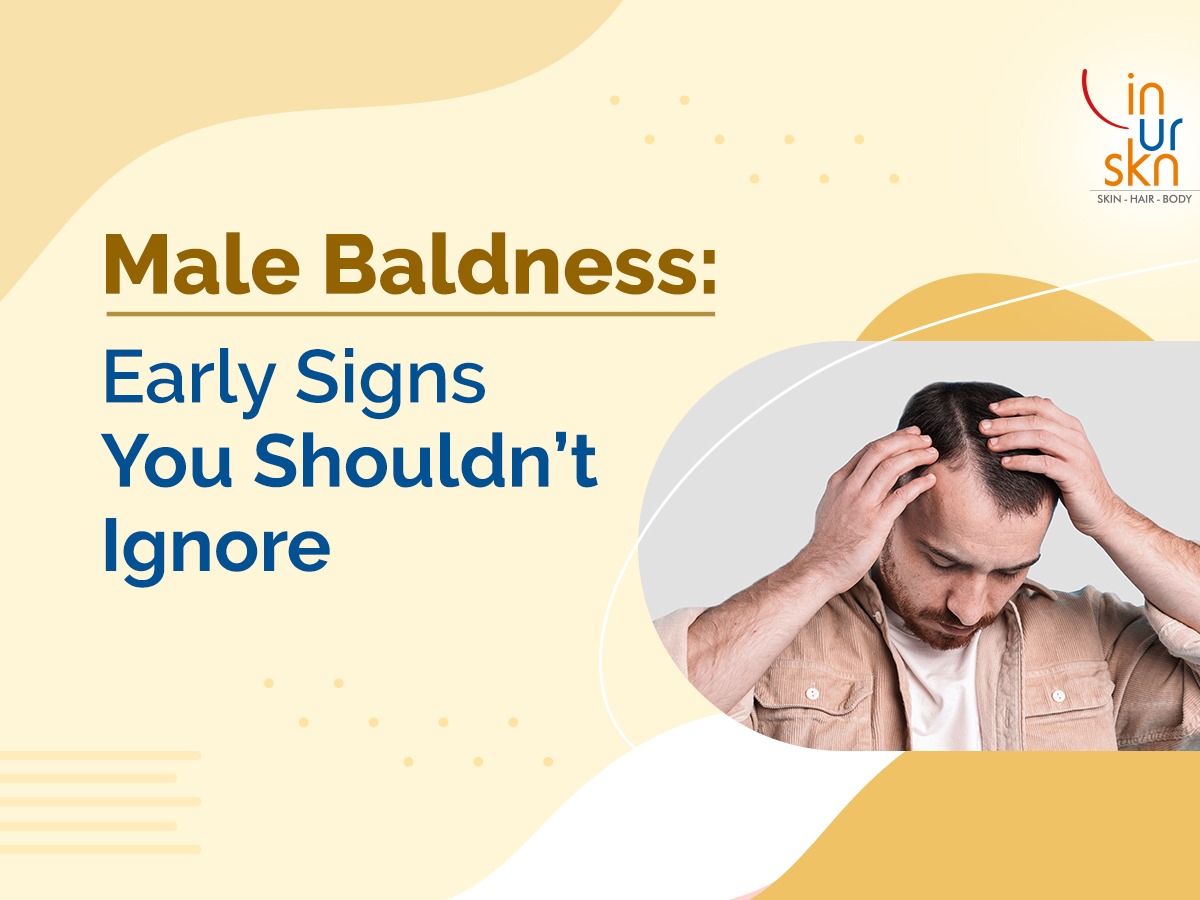

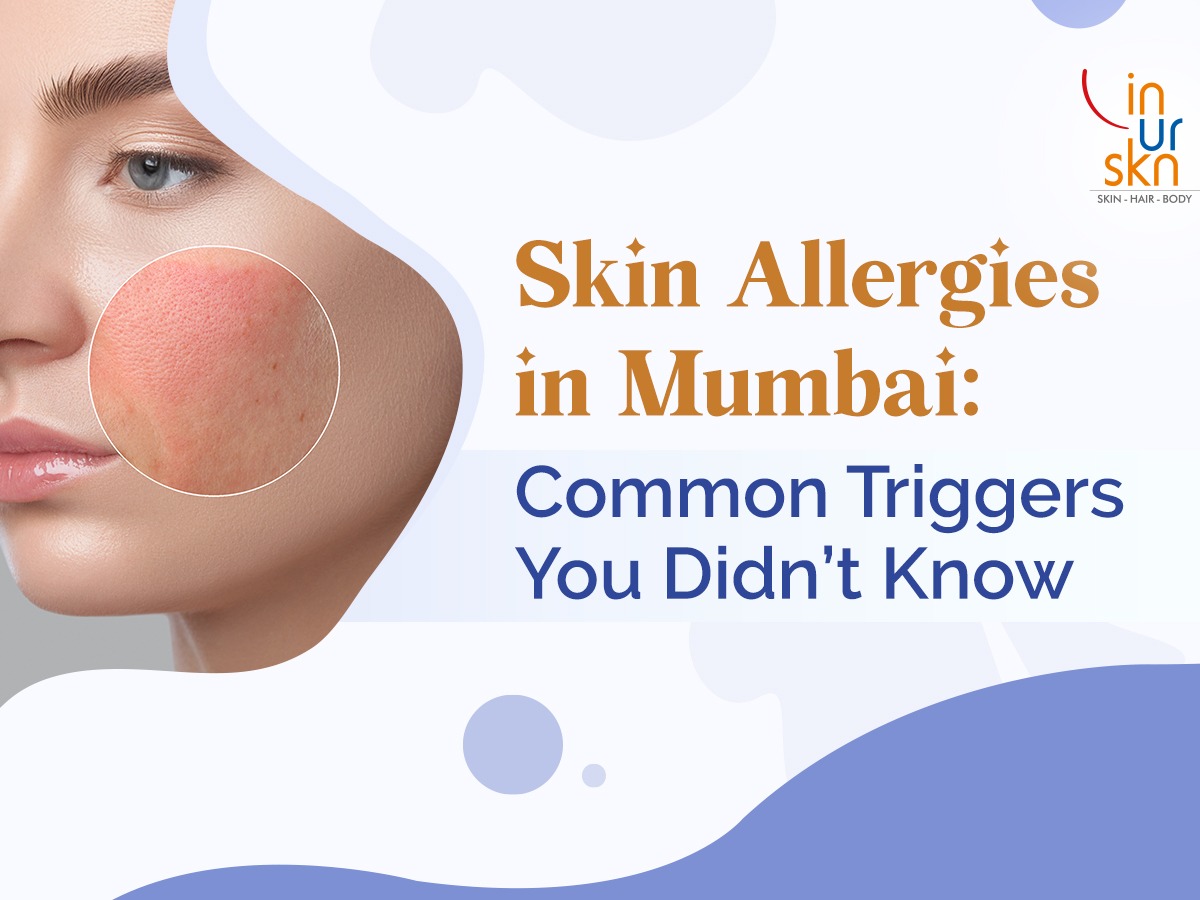
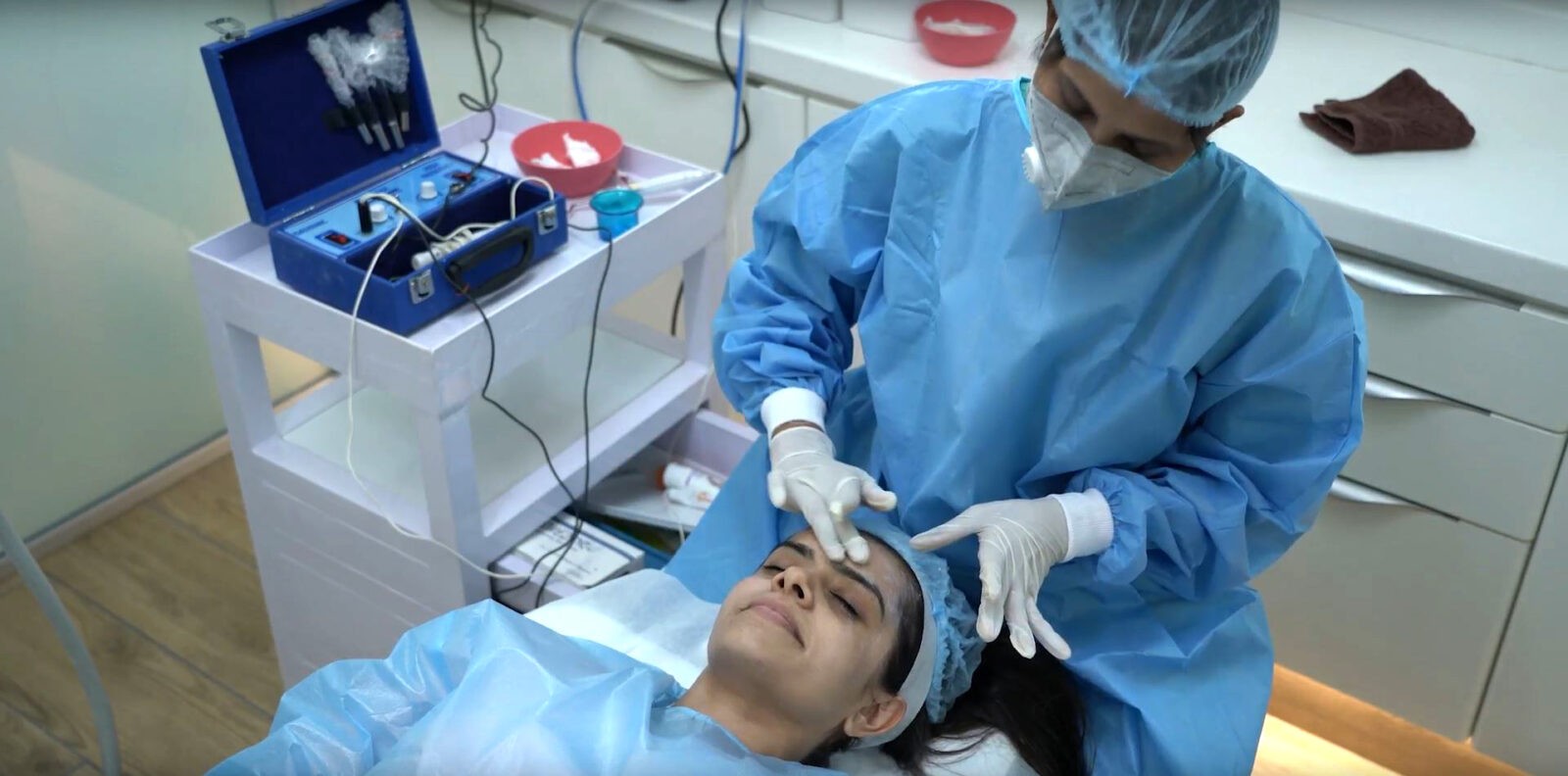
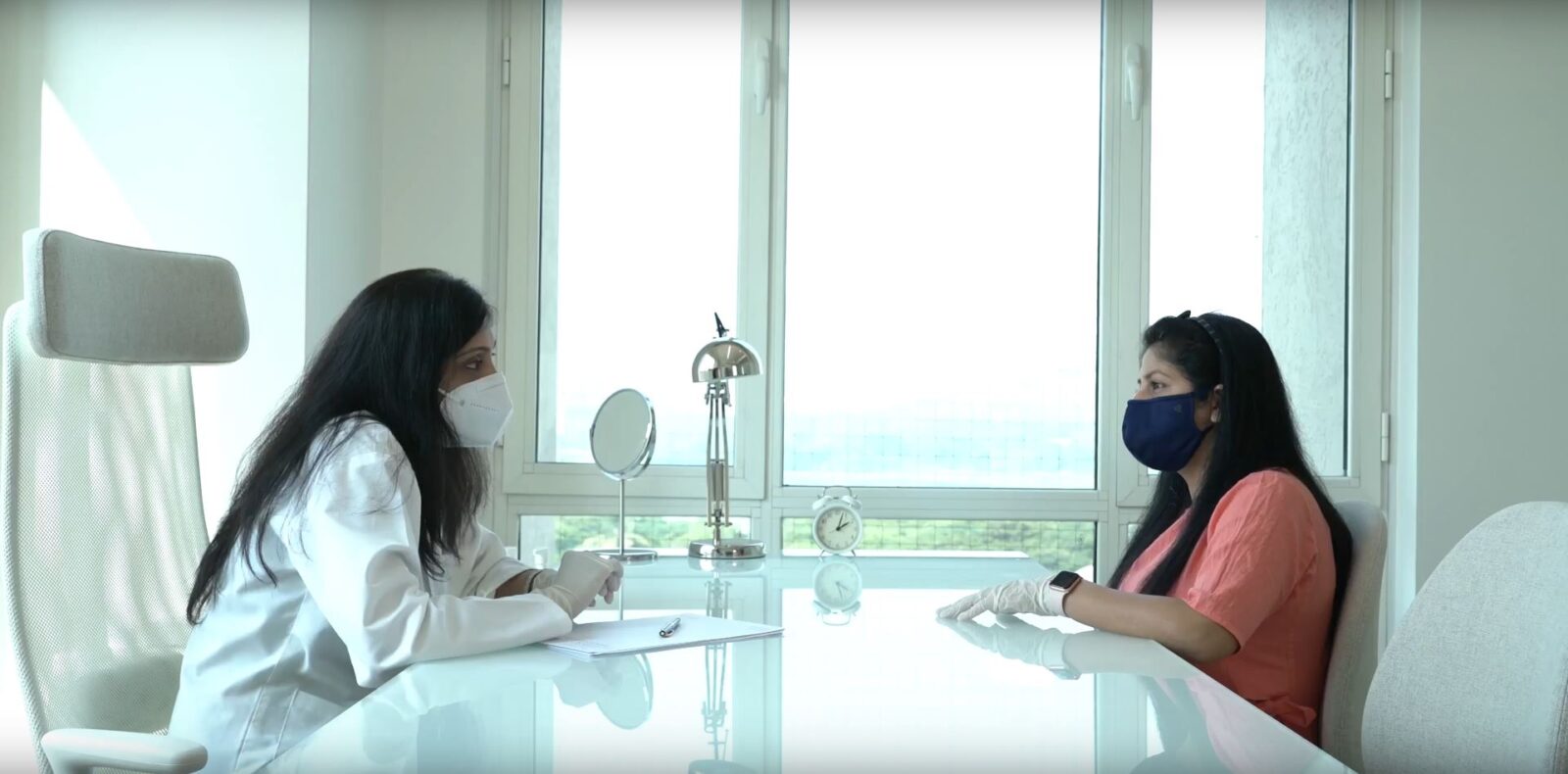

 Call us
Call us Book Appointment
Book Appointment Enquire
Enquire Location
Location




